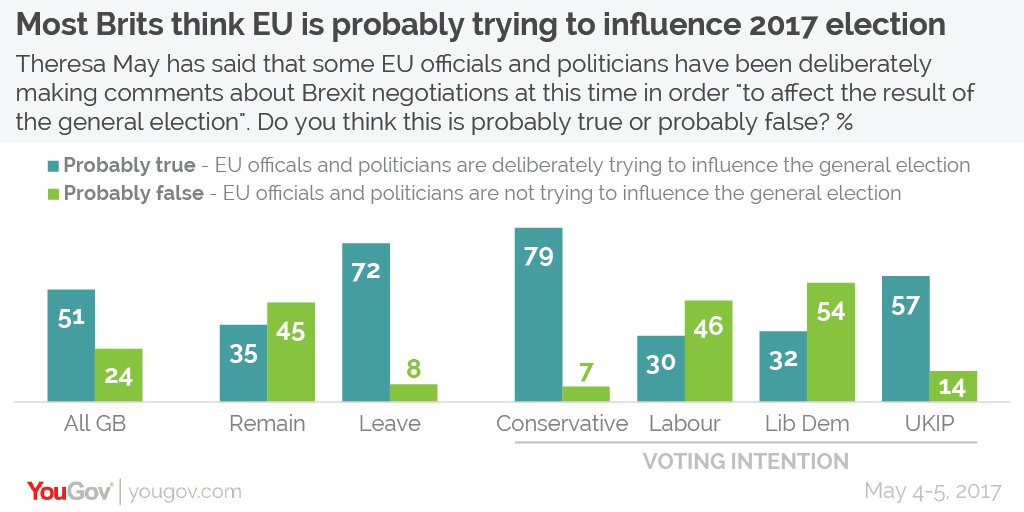For these reasons, we wanted to understand Brexit's impact on the global tech community's interest in working in the UK. To do this, we looked at the total pool of candidates who had accepted initial offers from UK-based companies, and found that the number of foreign candidates in this pool is less than half what it was pre-Brexit.
We also looked at the rate at which these individuals accepted initial offers from companies in the UK, which is another gauge of how interested they are. We found that their acceptance rate decreased by nearly 20%, whereas the acceptance rate from local candidates was flat over the same time period.
To get an even fuller picture of Brexit's impact on the UK tech sector, we decided to survey our UK-based candidates to understand how they are feeling about the current environment.
When asked whether the UK's exit from the EU will damage the tech industry, almost three-quarters (71%) of respondents said it would.
Even more tellingly, when asked about their biggest concerns, UK tech workers listed Brexit above all other issues, followed by happiness at work, personal development, and salary. This last point is perhaps unsurprising given that, according to our 2017 State of Salaries report, UK tech workers have one of the lowest average salaries of the 16 markets we examined, and their purchasing power has decreased by 17% over the last year because of fluctuations in the pound.
70% of those we surveyed have considered leaving Britain altogether in the wake of Brexit. The majority of them plan to move to other European cities, though North America and Australia also scored high as potential relocation destinations.
Eighty-five percent of those we surveyed believe restricting workers' movement across the EU will inhibit both business and country-level innovation, while only 17% say Brexit could act as a catalyst to grow digital Britain. More concerning still, however, is that 41% of all tech workers told us they are less likely to start their own business in the UK as a result of Brexit.





